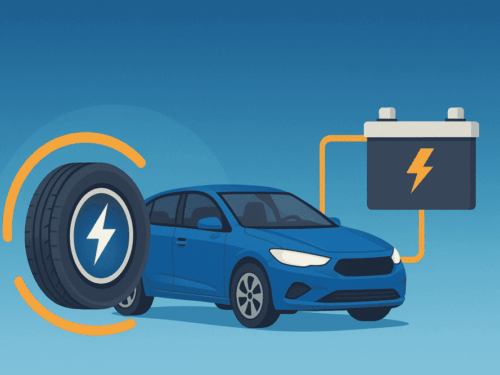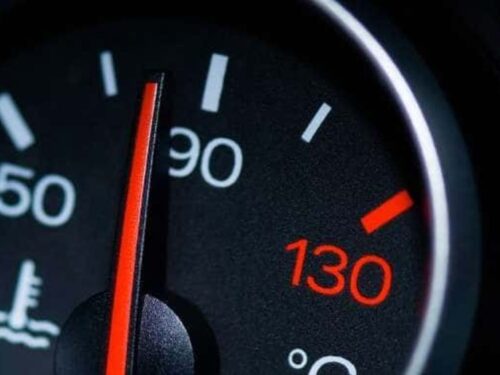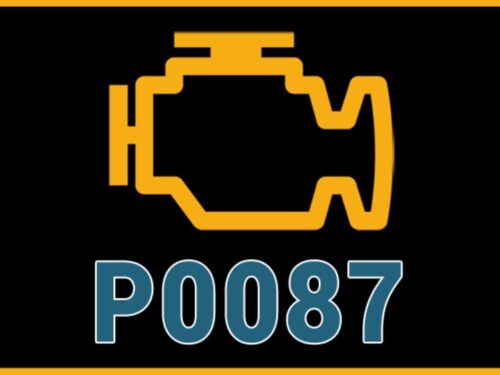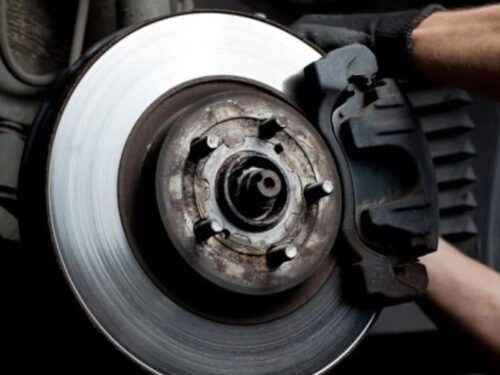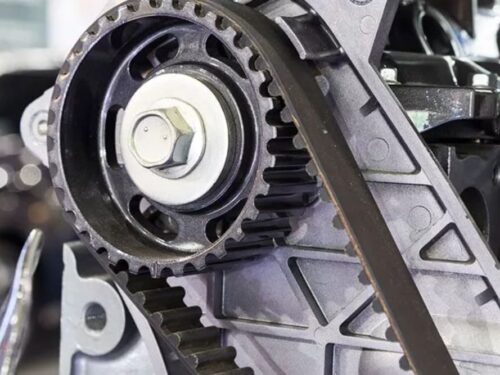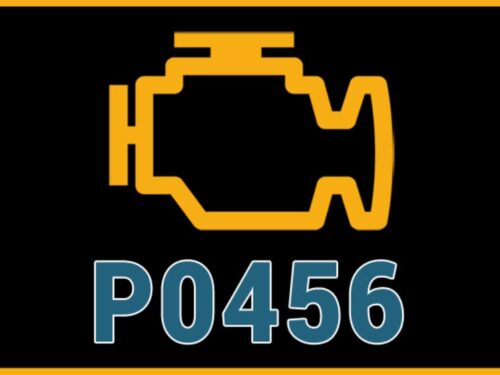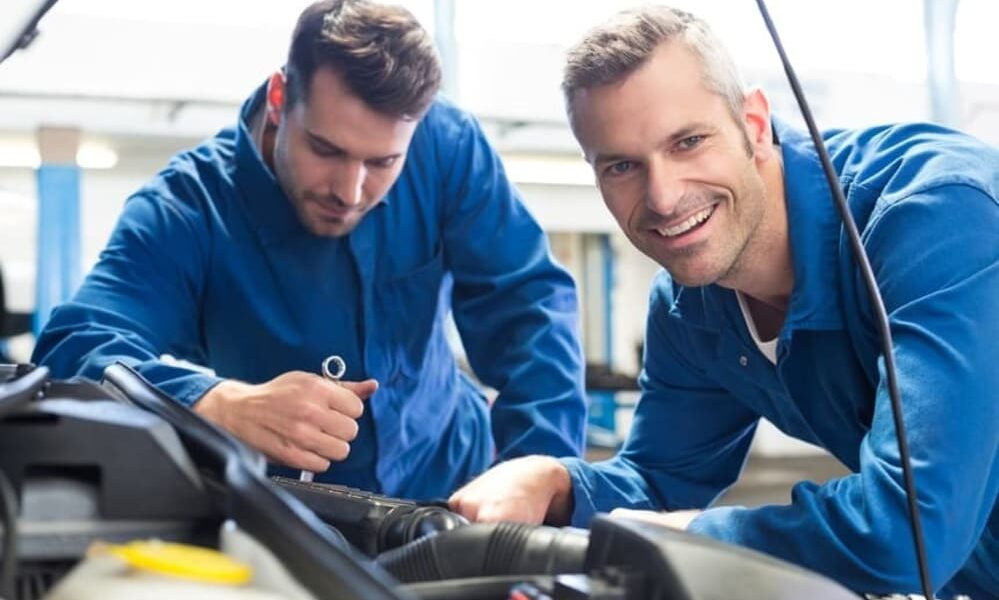
Your car is a huge investment so it stands to reason that you want it running in optimal condition.
There are a lot of little things that can wreck your perfectly new car. Here is a list of tips that can keep your car running in optimal conditions.
Break-In Your Car Carefully
If you have a brand new car, you should start with treating it gently. During the first 1,000 miles, keep your car’s speed under 55 mph or the optimal speed recommended by the manufacturer. You should also avoid piling on heavy loads on the roof rack or towing trailers.
Additionally, do not let your car idle for too long. Although this is good advice for cars of any age, it is particularly important for new cars as the oil pressure generated during this may not send oil to every part of your engine. This can lead to dysfunction.
Make sure you do not exceed medium acceleration by keeping the engines rpms below 3,000, particularly in the first few hours of driving.
Check Your Engine Oil
The easiest way to ensure your car runs on optimal condition is to regularly check its engine oil. To get an accurate reading, park your car at ground level and if you discover a leak, fix it soon.
It is recommended that you change the engine oil every 5000 to 10,000 miles. That’s because oil not just lubricates your engine, it also disperses heat. If you don’t change your oil, it will become burned and leave charred sediments or sludge in the engine, negatively impacting its performance.
Sludge can also form during short trips when the engine is prevented from reaching its proper operating temperature and causes condensation. Water from condensation accumulates in the engine. And when the engine warms up, it mixes with the sludge and spreads to the entire engine, resulting in engine failure.
Additionally, if oil is burned off, your engine will run hotter, which will out a strain on its components. If you leave this untreated, it can potentially blow up your engine and you will have to pay a lot of money to get a replacement.
Buy Quality Gas
A reputable gas service station will filter the gas at the pump and will have a policy of changing its filters after certain period of time. If your gas station does not perform this, it is time for you to look for another gas station. Dirty gasoline can negatively affect your engine. Additionally, some gas stations do not mix fuel and alcohol properly and some even water down your product. All of this can shorten your engine’s life.
Moreover, if you see a gas truck filling the tanks at your favorite gas station, go to another service station or come back another day. As the truck fills the underground fuel reservoirs, the turbulence can disturb the sediment at the bottom of the tank. This sediment can block your fuel injectors and filters, leading to bad performance and expensive auto repairs.
Drive With Optimal Tire Pressure
Make sure your tires have optimal pressure as they can make a big difference to your fuel efficiency. If your tire has low pressure, there will be more contact between their surface and the road. This means more friction and this can make your engine work overtime and result in higher fuel consumption.
That doesn’t mean you should over-inflate your tires either. Over-inflated tires will result in low consumption of oil but reduced grip and stability on water, which means your vehicle may be liable to slips and skids.
So always make sure your tires are inflated to the level recommended by the manufacturers.
Be Gentle When Stuck
If your car gets stuck in the mud or snow, do not aggressively press on the accelerator in an attempt to pull it out. Gently rocking your car out is fine but do not over do it. Throwing your car in reverse and spinning the tires at high speed repeatedly can generate a lot of speed and can cause damage to your clutch, transmissions and differentials.
If you want to keep your car running in optimal condition, it is a good idea to order in a tow truck.
Replace Transmission Fluid
Having the right amount of transmission fluid is essential for the optimum performance of your car as it cools your car’s transmission, keep the moving parts lubricated and help the gear shift smoothly. However, like your oil engine, transmission fluid can also go bad over time.
Pulling large loads or making frequent stop-and-go trips can accelerate the degrading of the transmission fluid. In these cases, the temperature can rise in the transmission and can place a strain on the transmission’s moving parts. If your car sees such usage, then our expert automotive repair and services company recommend you change your transmission fluid more often.
Some signs that your transmission fuel has deteriorated is the fluid turns dark and murky, issues a burnt odor, or the transmission is developing mechanical problems. To avoid issues with your transmission, only use the fluid that is recommended by the manufacturer.
Maintain Brake Fluid Level
One of the essential fluids that you need to check is the brake fluid. Make sure your car is placed on a level surface and then unscrew the brake fluid reservoir. The optimum level of brake fluid is between the minimum and maximum marks. Also check your auto manufacturer’s manual to see what the recommended level of brake fluid is.
Although topping off the brake fluid may not make your brakes last longer, they are essential for driving safety. Your brake fluid will absorb water overtime as the braking system is not 100% perfectly sealed. Because of this condensation will occur over time once the hot temperature turns to cold.
If your brake fluid gets too much water, when you step hard on the brake pedals, it will generate heat that will boil the water in the line and will result in reduced stopping capacity.
Flushing your Radiator Coolant
Your coolant prevents rust from occurring; however, these corrosion inhibitors break down over time, causing rust to build up and clog your car’s thermostat, harm its engine, or damage the water pump.
Generally, replacing your coolant every 30,000 miles is recommended. However, there are some car manufacturers who recommend it every 100,000 miles. So make sure you check the car’s manual to see when the best time is to flush out your old radiator coolant and top up with new one.
Properly Storing your Car
If you don’t plan on using your car for over a month, make sure you store it properly to protect it from the elements. Fill up your gas tank so that condensation does not accumulate in it and add a fuel stabilizer.
Wash and wax your car so that it gets a protective finish. Placing a vapor barrier on your garage floor can further protect your car from condensation. Also plug the car’s drain pipe to prevent moisture from seeping in.
Also place your car on jack stand so that the wheels and the tires do not have to support its weight and disengage the parking brake so that it does not corrode. You can also drain your battery using a small light bulb and then recharge it with a low-volt charger.
Bottom Line
Giving your car frequent auto service can help keep it in optimal running condition. The best thing about modern car is that they can run well with less-frequent auto service. You don’t need to change your spark plugs and suspensions, transmissions, and chassis, are also lubricated for life. Additionally, reliability and fail-safe features have improved dramatically. As a result, the latest cars can now go 200,000 miles before they need a checkup. However, it is always a good idea to check the car’s manual to see when car servicing is needed.
Courtesy of paautoinspection

